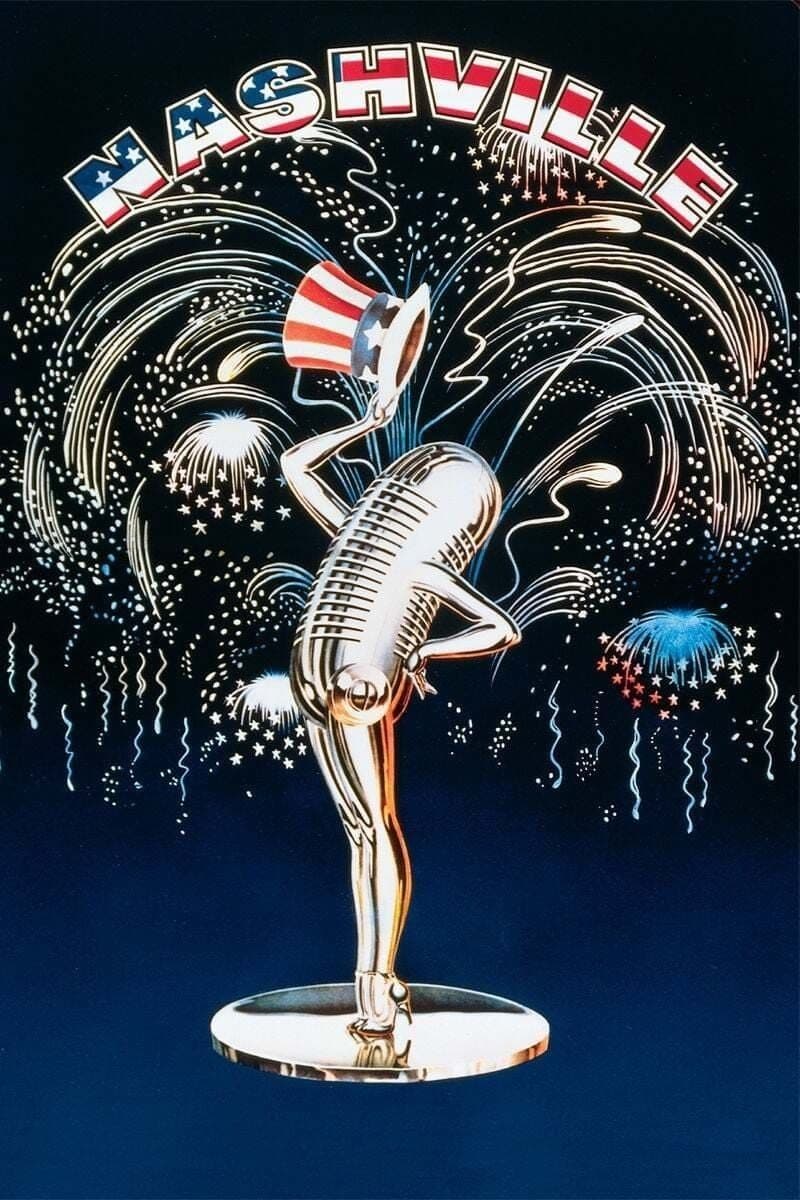
Nashville
1975
Rate this movie
Average: 0.00 / 5
(0 votes)
Director
Twenty-four characters revolve around a political convention to be held in Nashville, Tennessee. But to define their movement as "revolving" would be reductive, almost an insult to the chaotic and pulsating organic quality that Robert Altman masterfully orchestrates in what is much more than a simple ensemble film: it is a true symphony of existences, a monumental fresco of 1970s America, vibrant and brazen.
Altman simply follows their stories, one by one, weaving their threads like a subtle warp and reassembling the pieces of a puzzle as he presents it to us. It is not classic interlocking narration, but rather an almost documentary-like immersion, a collective stream of consciousness where conversations overlap, gestures brush against each other, and every detail contributes to defining a complex world. It is the quintessence of his anarchic yet extremely rigorous method, one he had already successfully experimented with in MASH or California Split, but which here reaches dizzying perfection, transforming background noise into a dissonant yet profoundly human chorus. His cinema is an indiscreet ear, a floating camera that captures fragments of truth amidst the din of existence.
It is not so much the stellar cast, which indeed includes performers of the caliber of Shelley Duvall, Lily Tomlin, and Ronee Blakley, nor the setting, the capital of country music, that makes Nashville a masterpiece of contemporary cinema, but rather the psychological introspection of each individual character and the stripping bare of every repressed desire that arrives with the power and visual impact of an action scene. Altman, an relentless anthropologist, wants man in his rawest essence: in his weaknesses masked as strength, in his falsehoods elevated to social virtues, in his hypocrisy hidden behind a smile. Every ambition, every frustration, every squalid illusion is laid bare, often without the characters themselves realizing it, but always with a depth that transcends mere moral judgment. It is an autopsy of the American soul, a ruthless investigation into the commodification of art and the individual.
The convention in question was organized in support of Hal Philip Walker, an independent candidate for the presidency of the United States who makes anti-establishment politics and the fight against conformity his main political creed. His voice, often a metallic echo from megaphones or radios, is a constant phantom presence, a sardonic commentary on popular credulity and the emergence of populist figures who promise radical change while merely playing on the same minefield of celebrity and manipulation. Nashville is, in this sense, a prophetically unsettling work, anticipating by decades the increasingly indistinguishable blending of entertainment, politics, and information, where appearance triumphs over substance and media charisma is worth more than any programmatic platform.
And Nashville, beyond all that, is also an extraordinary musical film. Not a musical in the classic sense, with choreographed dance numbers and songs that linearly advance the plot, but a work where music is the connective tissue of the narrated reality. The songs on the original soundtrack are twenty-seven, and many of these were composed by the actors themselves, to whom Altman gave carte blanche. This radical choice imbues the film with an authenticity that few others have been able to emulate. Country music, with its narration of broken hearts, shattered dreams, and an intrinsic melancholy, becomes the perfect soundtrack for the frayed lives and unexpressed desires of the characters. They are not simple pieces inserted for embellishment, but living expressions of their ambitions, their disappointments, their very identity. They are the mirror of their private vices and public virtues.
In this regard, the song Keith Carradine performs on stage, “I’m Easy,” composed by himself and an Oscar winner, is famous. It is a poignant melody, almost a confessed lament, lingering in the hall among the faces of the women who loved him, or who believed they loved him, and whose every subtle emotion, as it shows on their faces, Altman, like a voyeur crouched in the shadows, spies on. Here, Altman's cinema rises to pure visual poetry: an extreme close-up of Lily Tomlin, the tormented expression of Ronee Blakley, the lost-in-thought gaze of Gwen Welles. As the notes of the song spread through the hall, Altman presents us with a gallery of women sitting and listening, each with her own burden of thoughts and emotions, victims or accomplices of the star's seductive charm, but above all, of their own vulnerability. It is a moment of rare intensity, a collective moment of reflection that condenses the film's entire emotional universe. The scene is a microcosm that reflects disillusionment and the desperate search for connection in a world dominated by pretense and self-promotion.
In this intricate human labyrinth, every single story, despite its apparent autonomy, will converge towards a common destiny. Every single effort, every ambition, every deception will inevitably intertwine with that of another character brought into play in a kind of infinite game of mirrors, leading to the surprising and tragic climax which, with its sudden impetuosity, tears through the veil of superficiality and reveals the intrinsic fragility of a system founded on illusion and performance. Nashville is not just a film about music or politics; it is a radiography of an era and, ultimately, of the eternal human search for meaning and recognition in a world that seems increasingly prone to consume and forget. A masterpiece that continues to resonate with disarming relevance, almost as if it were filmed yesterday.
Country
Gallery
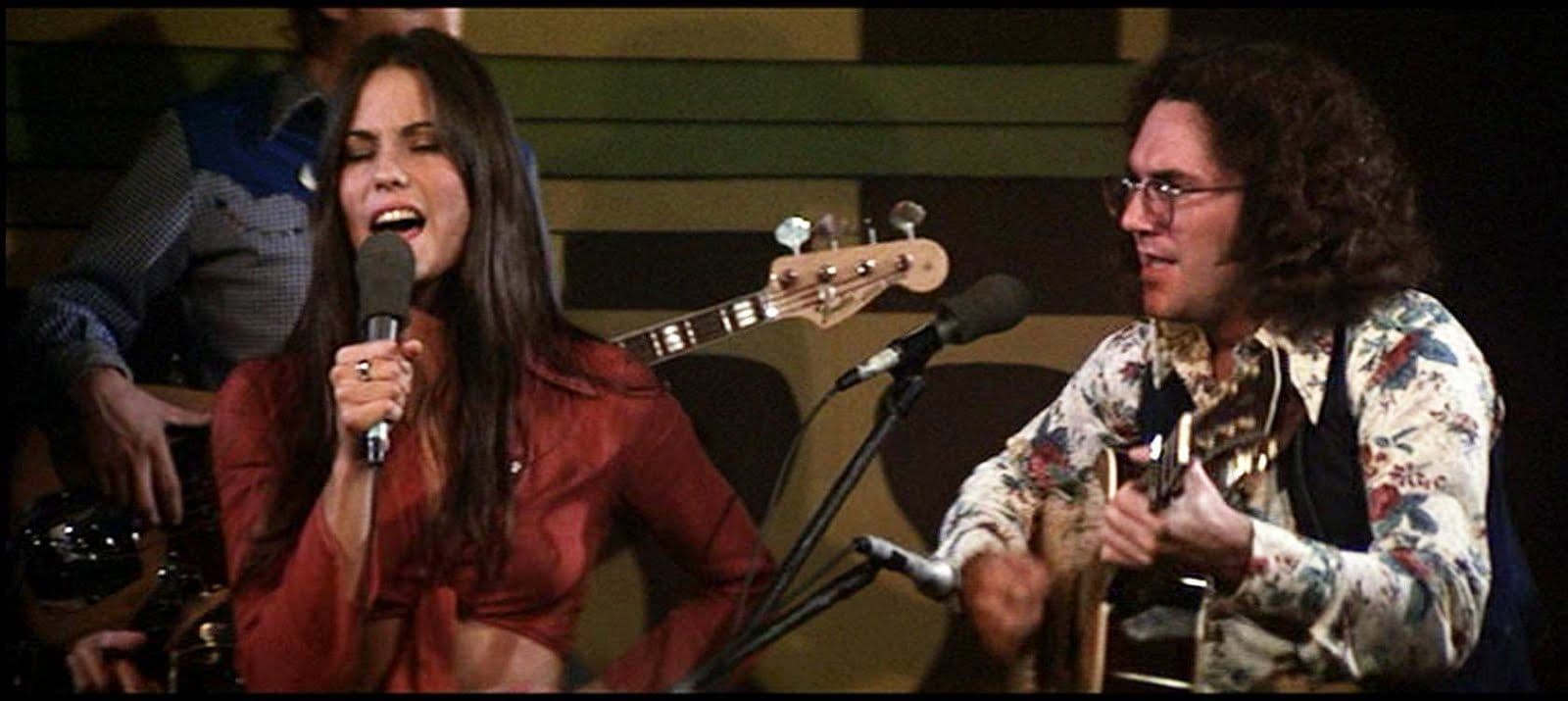

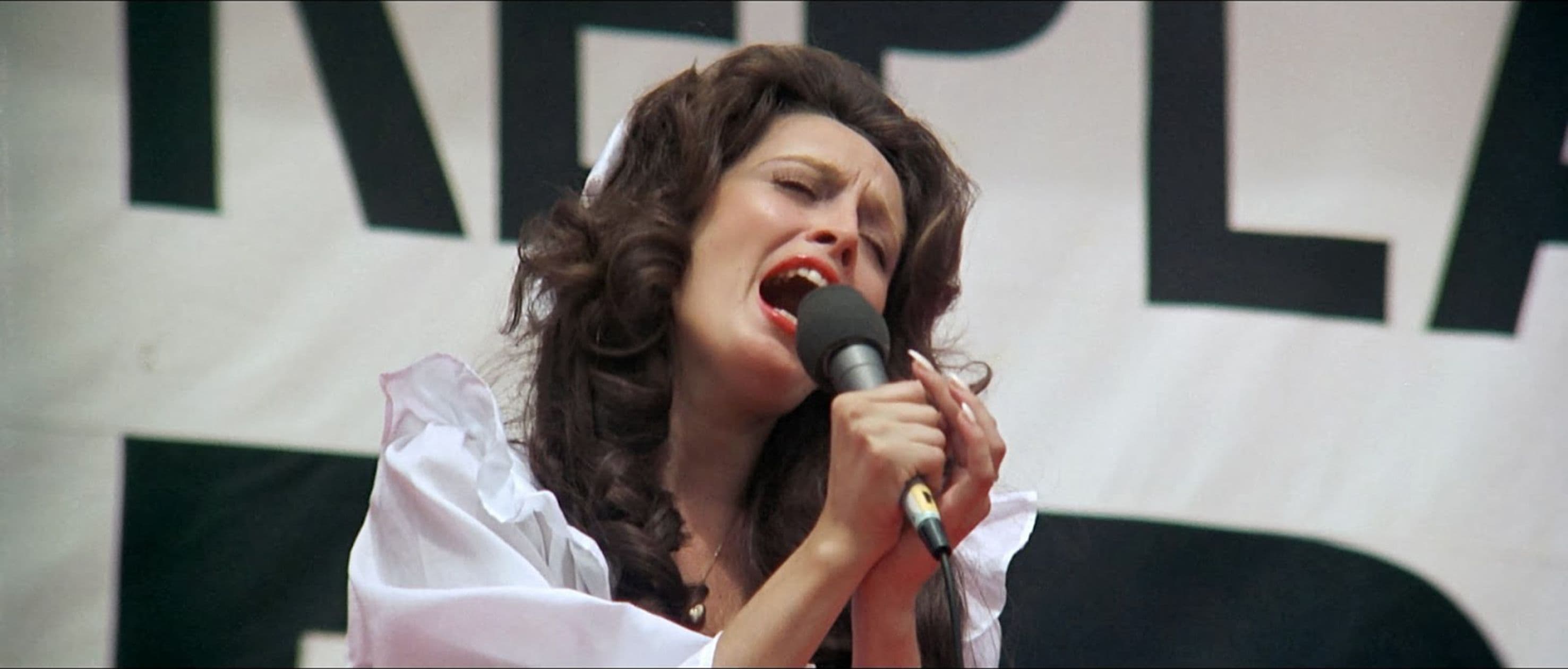

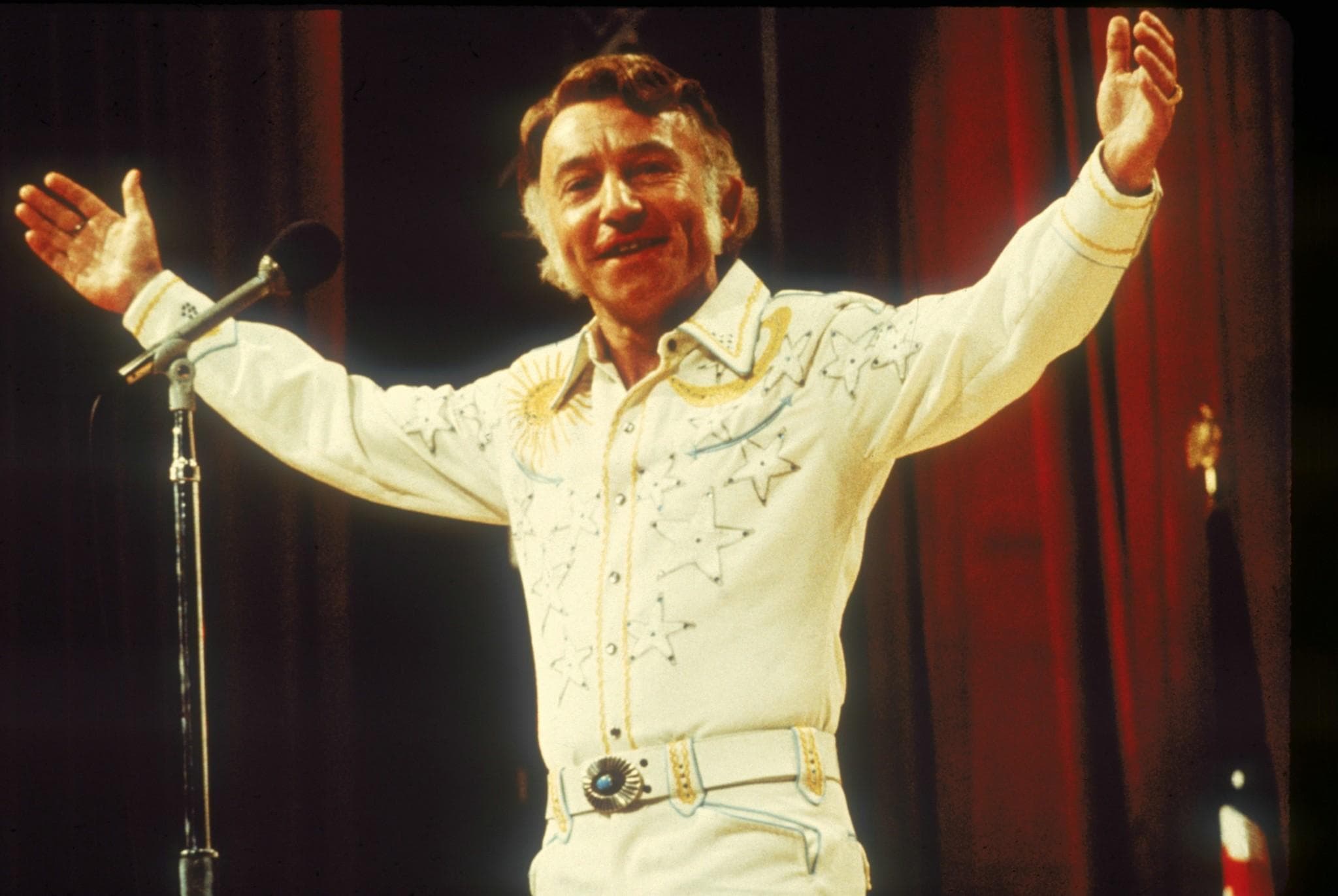
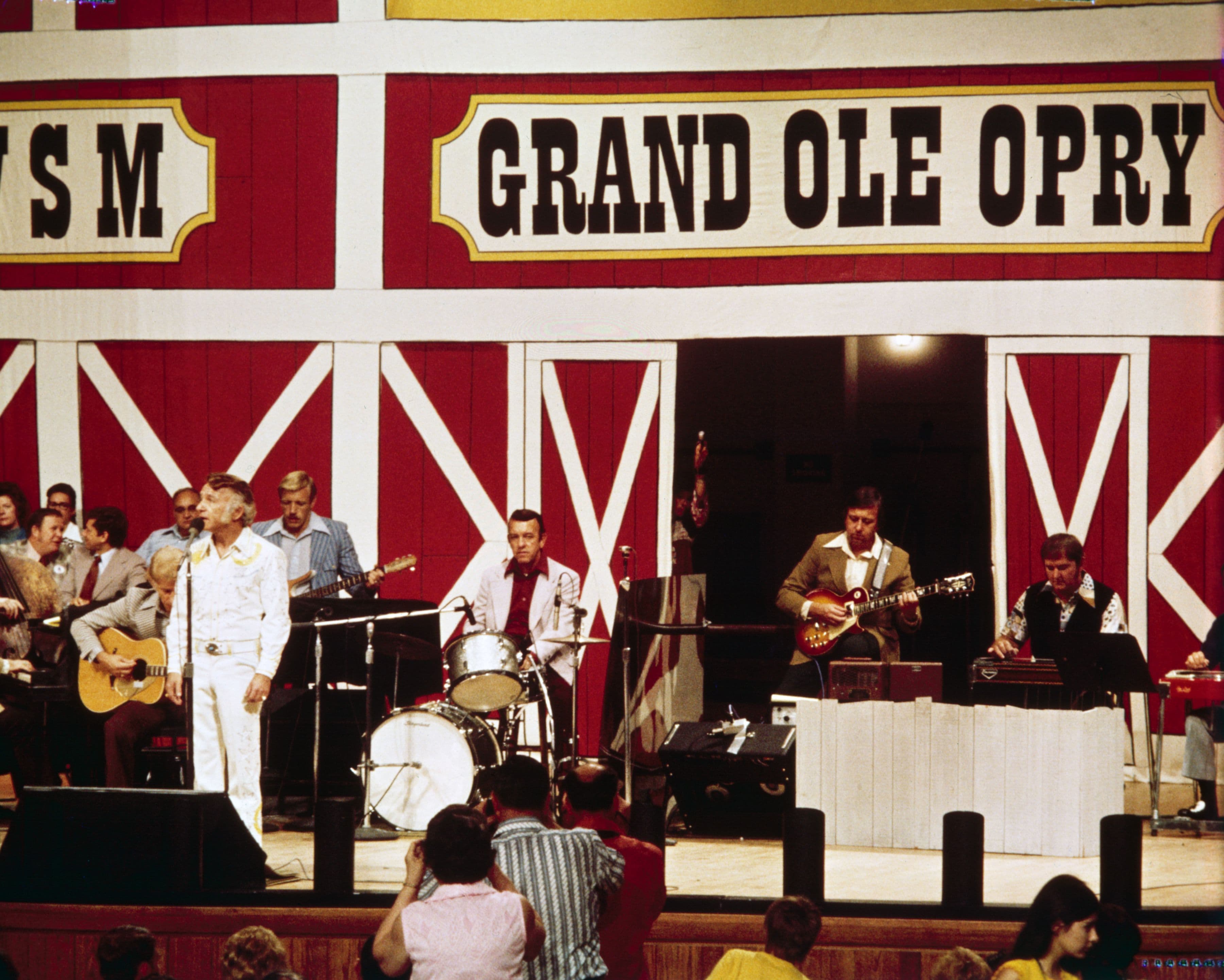
Comments
Loading comments...